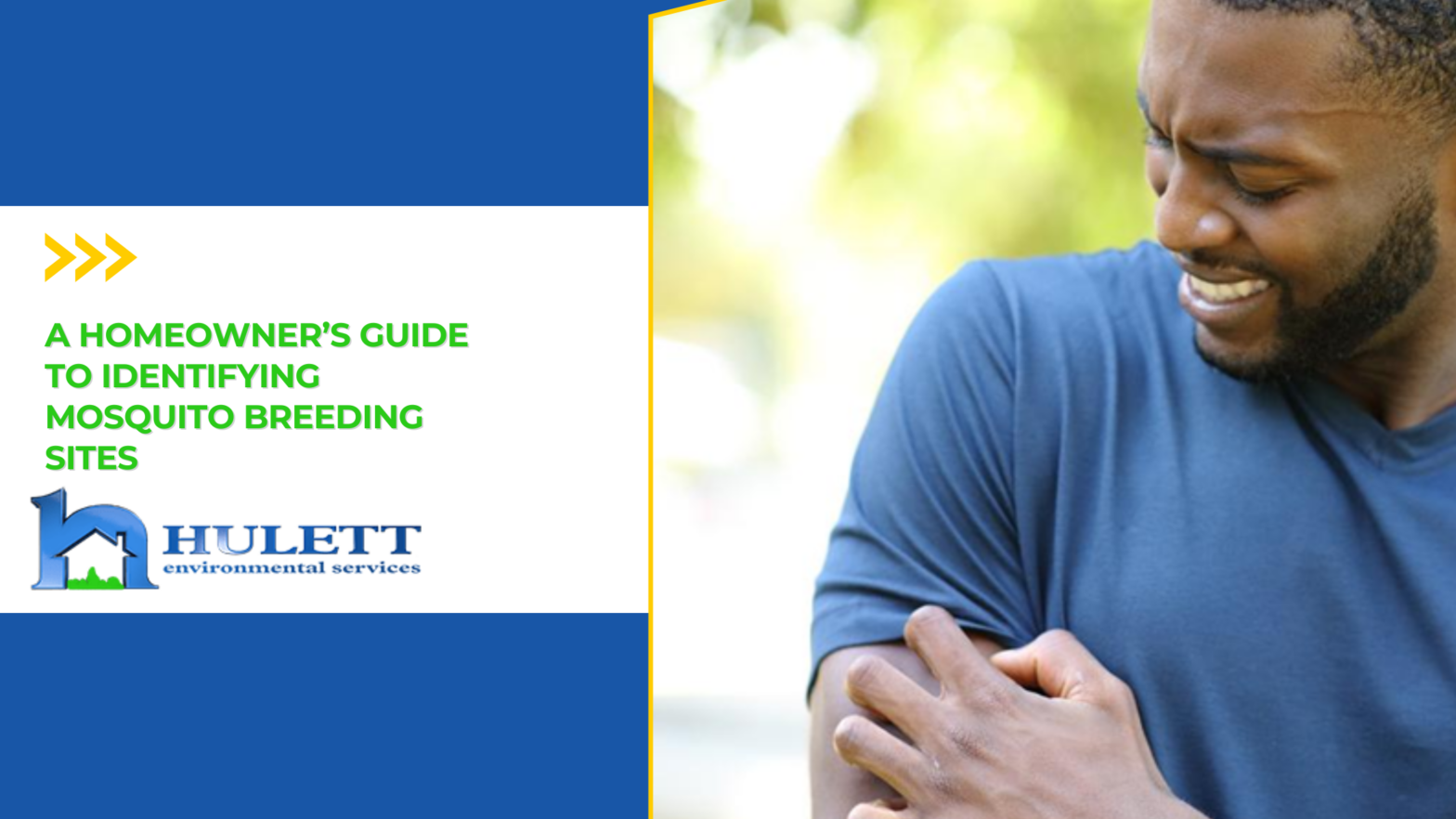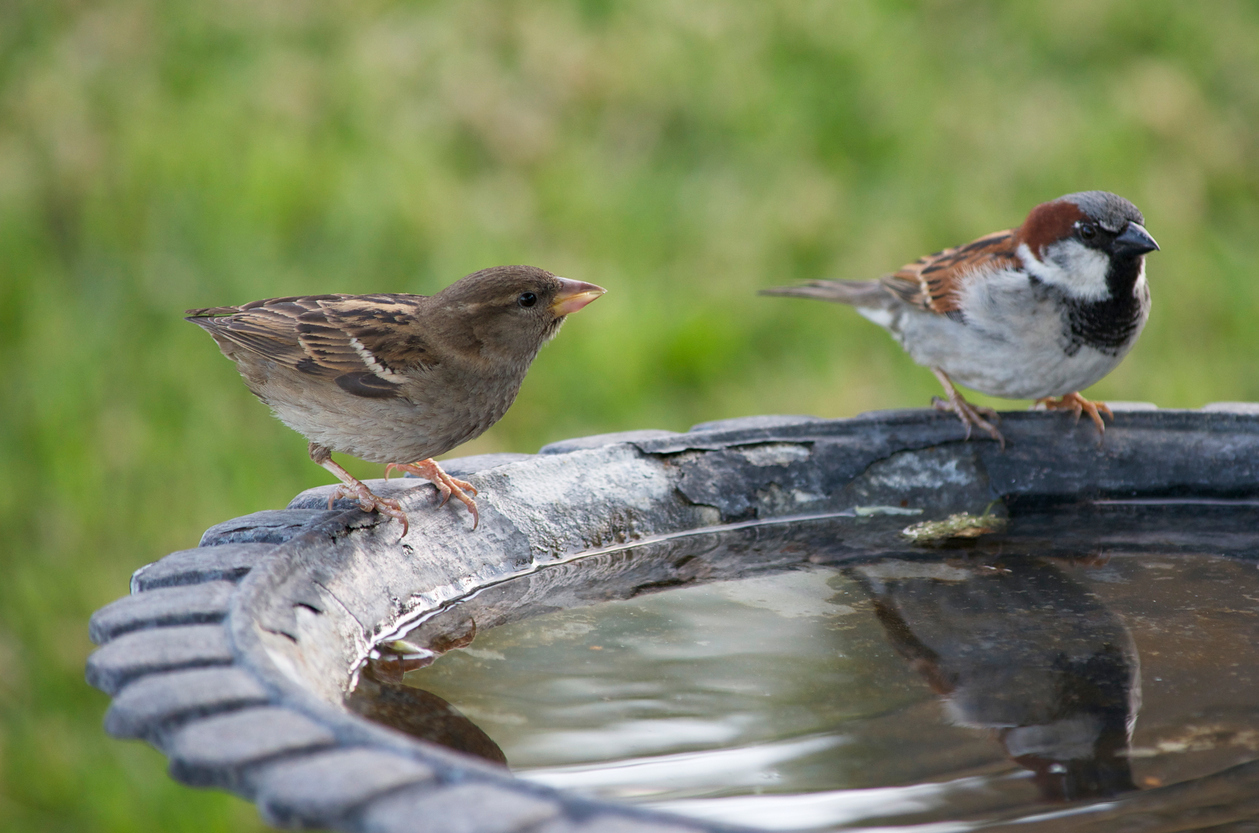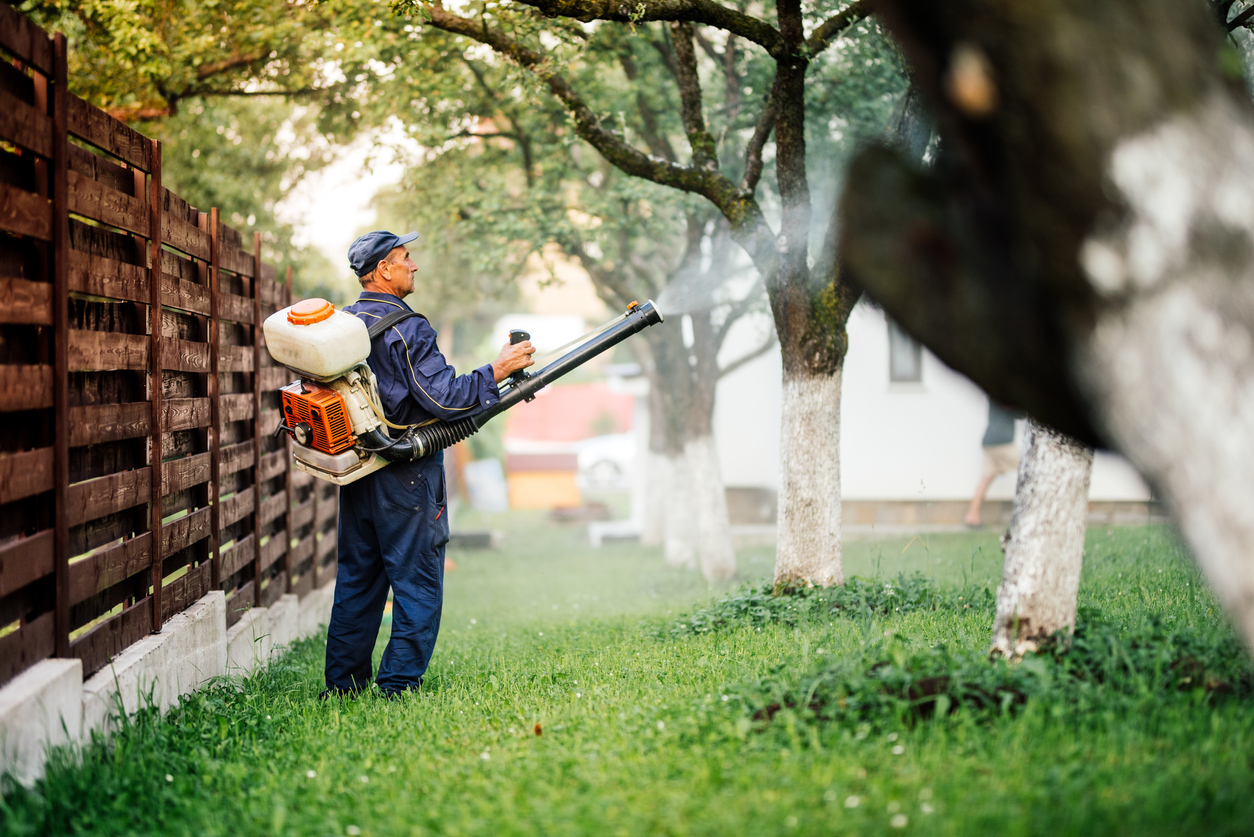
A Homeowner’s Guide to Identifying Mosquito Breeding Sites
It’s always nice to have a backyard gathering buzzing with excitement, but when your picnic or pool party starts buzzing because of mosquitoes, that’s an entirely different story. We hear all your burning questions about mosquitoes, and we are here to teach you everything you need to know.
Are There Different Types of Mosquitoes?
Several species of mosquitoes are common in South Florida. Some of the top culprits include Aedes aegypti, Anopheles quadrimaculatus, and Culex quinquefasciatus, which all feed on blood. This concerns most Florida homeowners, as the common name for these mosquitoes are yellow fever mosquito, the malaria mosquito, and southern house mosquito, respectively, and they can spread diseases such as dengue fever and West Nile virus.
Biting midges, also known as no-see-ums, are closely related to mosquitoes. These tiny insects are often mistaken for mosquitoes due to their similar bite, but they’re much smaller and harder to spot. They don’t transmit diseases like mosquitoes, but their bites are just as irritating.
Interestingly, only female mosquitoes feed on blood, as they require the proteins found in blood to help their eggs develop. This means only 1 in 2 mosquitoes are blood feeders, and yet their numbers are so massive that they’re a persistent nuisance throughout Florida.
When Is Mosquito Season in Florida?
That’s the interesting part about mosquito control in Florida—there is no distinct mosquito season. Anyone who’s lived in South Florida knows they’re here all year long, making them a perpetual annoyance at backyard family gatherings and relaxing afternoons on the porch.
That being said, there are periods throughout the year when their level of activity rises and falls. Between April and September, when the weather is warmest, you’ll find mosquitoes in greater numbers as they get ready to reproduce.
Additionally, when the rainy season picks up in June, it creates plenty of breeding sites for mosquitoes in puddles, ponds, and pools of stagnant water. The ongoing heat and rain make consistent yard maintenance even more important to help reduce the mosquito population around your home.
Carbon Dioxide, Standing Water, and Mosquitoes
Carbon dioxide, standing water, and mosquitoes—these three always go together. Let’s take a closer look at how.
Standing water and mosquitoes go hand-in-hand, as the still water provides the perfect environment for mosquitoes to lay their eggs. In fact, their eggs can hatch in as little as seven days, meaning you could have a whole new generation of mosquitoes in your yard in just a week.
Carbon dioxide is another molecule that plays a crucial role in the mosquito life cycle. Mosquitoes use their keen sense of smell to track the carbon dioxide that mammals, like humans, dogs, and cats, exhale. No, mosquitoes don’t have “super-noses”, but they do have specialized smell receptors on their antennae. So if you’ve ever thought the mosquitoes seem to track you down seemingly from nowhere, it’s not in your head. They really do!
If you’re looking to get rid of yard mosquitoes, we can help you take control with Hulett Environmental Services’ proven strategies that address the symptoms and the source. Our team understands the connection between mosquitoes and water, and we’ll work with you to prevent future outbreaks by improving overall yard conditions by treating or removing breeding sites.
Identifying Mosquito Breeding Places
The easiest way to spot mosquito breeding grounds is to look for standing water. It’s the only place mosquitoes can reproduce, but they don’t need a lot of it. Even a small pool of water on a plant’s leaf, landscape debris, clogged gutters, or wet soil within ornamental beds could be enough for mosquitoes to lay their eggs.
Peak mosquito hours are in the early morning and evening, around dawn and dusk. You can use this to your advantage to track down where they are most active, which, more often than not, will lead you to the areas where they reproduce.
Learn More About Mosquitoes
There’s so much to talk about when it comes to mosquitoes, far more than we can fit in a single article. Fortunately, we have plenty more fascinating facts and important information to know about mosquitoes for you to explore.
Check out some of our other mosquito deep dives below, and learn the best ways to keep your home and outdoors protected from them:
- Effective Mosquito Solutions for Your Backyard
- The Signs of Mosquito Breeding Grounds
- How To Stop Mosquitoes From Taking the Fun Out of Summer
Remove Mosquito Breeding Grounds With Hulett Environmental Services
Are you ready to take your yard back from mosquitoes? Hulett Environmental Services’ well-trained experts know how to identify mosquito breeding places in even the most unlikely spots. From there, we use our targeted larvicide, pupacide, or adulticide treatments to stop the next generation before they hatch or reproduce.
We’re here to help with all your mosquito control needs and are dedicated to helping create a more relaxing outdoor environment for you and all your friends and family to enjoy, just like we’ve helped thousands of other satisfied customers over the past 50 years. For mosquito control services you can rely on any time of year, just call Hulett.





